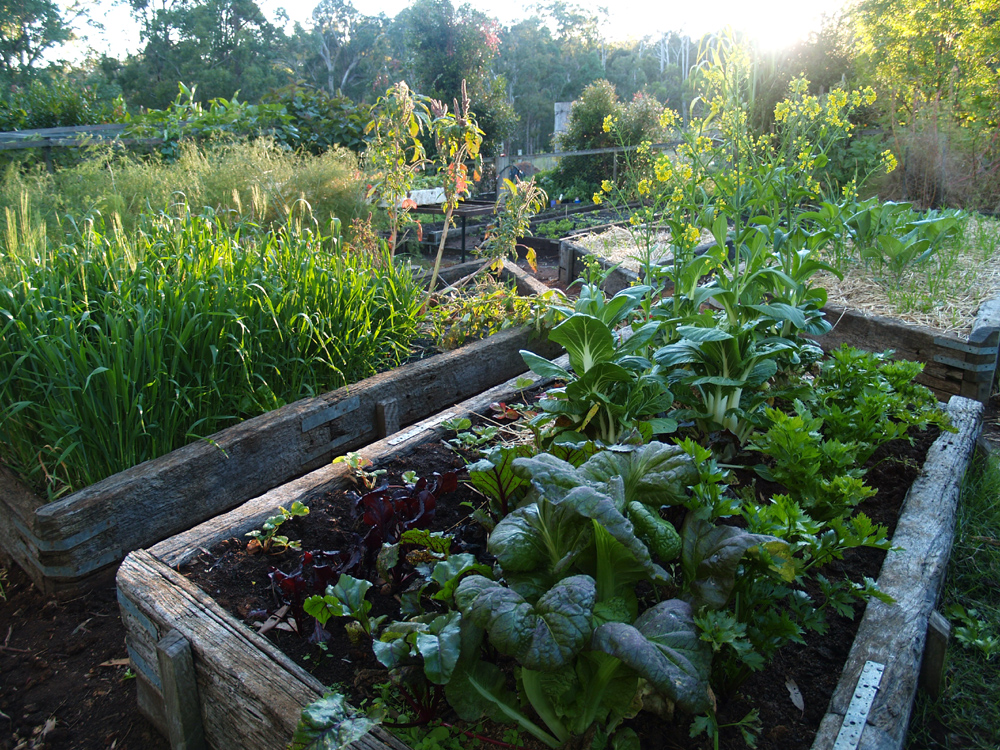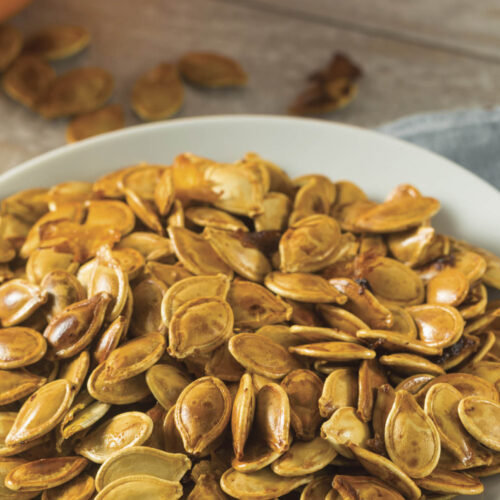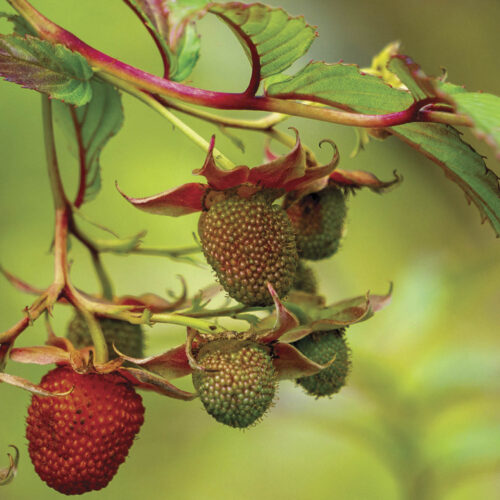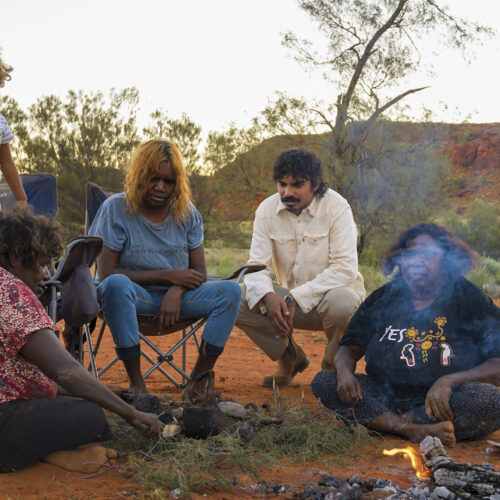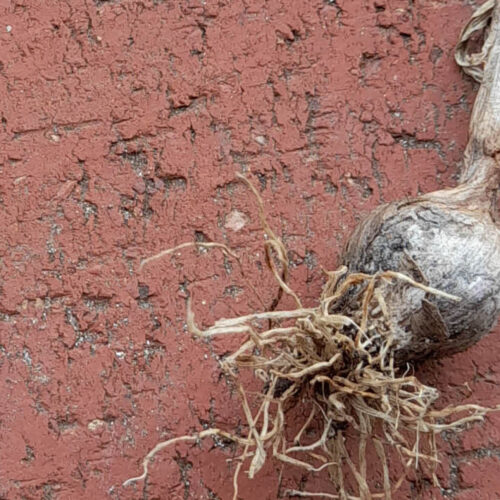Is Industrial Ag the Future?
2012-07-18T03:37:52+10:00
JUSTIN RUSSELL reviews an interview on RN about Australia's proposed National Food Plan, and questions the omission of organic food production.
Did anyone else manage to catch Fran Kelly’s interview on RN this morning with National Farmers’ Federation president Jock Laurie. I must admit that with rain falling on our tin roof and an overcast sky, I was only half awake when the piece aired at 6.30, but a second listen later in the morning confirmed that the old chestnuts were again being dragged out that industrial scale, techno-fantastic, chemical-based agriculture is the best means to “feed to the world”.
The interview centred on the Gillard Government’s release of a green paper that will eventually lead to a National Food Plan. However, Jock Laurie’s responses were slanted so far in favour “big ag” that almost all the genuine threats to global food security, and the proven solutions didn’t get an airing. Any mention of home food production? No. Organics? No. Urban farming? No. Local food systems? No. Chemical pollution? No. Future water, phosphorous, soil and oil shortages? No. The fact that as much as half of the current food that we grow is thrown out? No. Climate change? Fleetingly, despite industrial agriculture being a major emitter.
What did get talked about in the interview? Research and Development? Yes. Intensive protein production (aka, intensive livestock production)? Yes. International trade? Yes. Foreign investment (aka land grabs)? Yes. And in my view, the most important food issue of this century, food security? Yes, it got a brief run, however Laurie did state that “food security in Australia isn’t really an issue”.
Never mind the fact that there were runs on supermarket shelves and blocked supply routes during the 2011 floods. Or that the Bureau of Meteorology and CSIRO are forecasting that climate change will cause more severe floods, droughts, cyclones and storms in Australia, along with major risks to food production in our best farming regions. Never mind also, that organic production is increasingly being found to produce food that’s more nutrient dense than conventionally grown food, and therefore better equipped to feed a growing world population.
Photo: Tyirrima, a small, biodynamic family farm at Ravensbourne, SE Qld.

